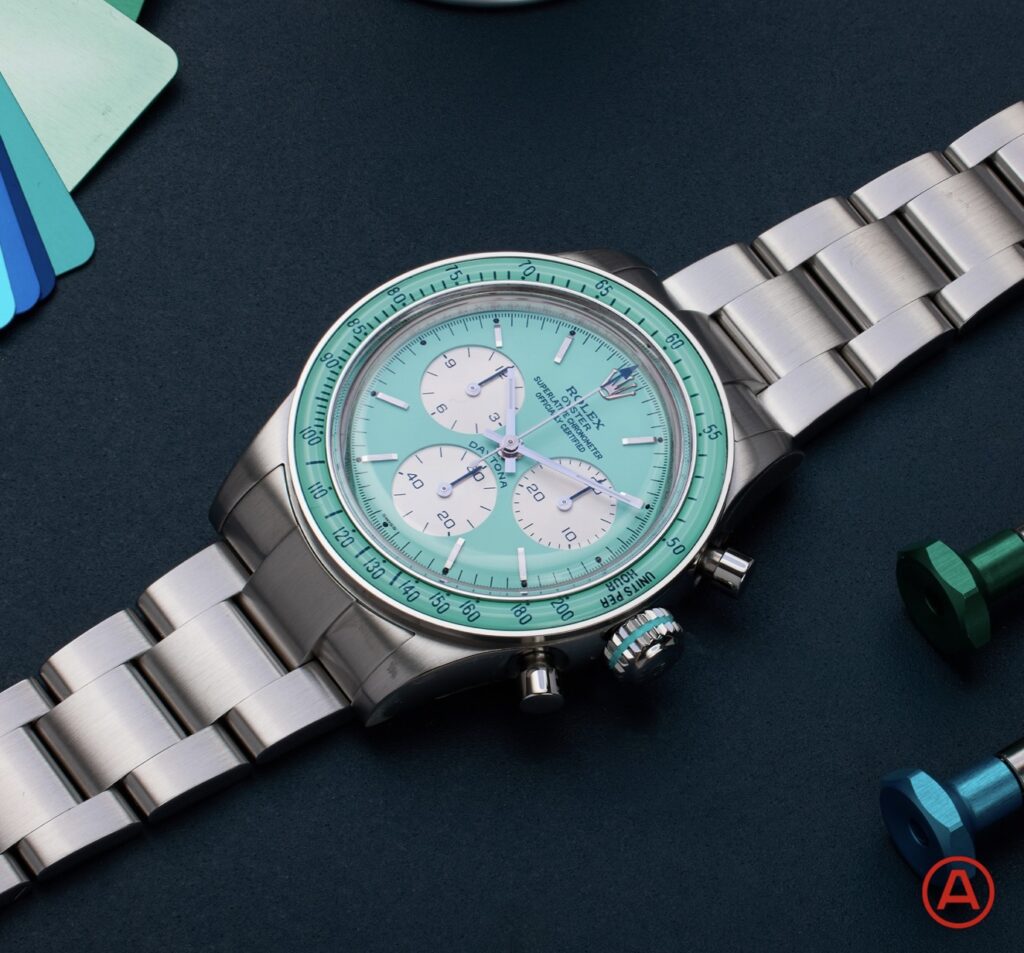A California federal court has issued a mixed ruling in the ongoing legal battle between AirWair International and Shein, allowing most of the Dr. Martens-maker’s trademark-centric claims to move forward. In an order on May 2, Judge Susan Illston denied the motion to dismiss that Shein filed in response to the core claims in AirWair’s lawsuit. However, the court dismissed a related claim for breach of the implied covenant of good faith and narrowed the scope of the dilution claims, signaling that while AirWair’s lawsuit may proceed, it will have to sharpen its case on certain fronts.
The Background in Brief: AirWair first first a lawsuit against Shein owner Zoetop Business Co., Ltd. in 2020 for allegedly selling copycat versions of its signature boots. That case ended in a 2022 settlement under which Shein acknowledged the validity of certain trademarks, agreed to stop selling infringing products, paid a lump sum, and agreed to a forward-looking “cure” process – allowing future infringements to be resolved out of court through payments and product removal.
But AirWair alleges that Shein went on to sell at least 61 infringing designs, curing only 28, prompting it to file a subsequent lawsuit, arguing that Shein’s pattern of post-settlement infringement breaches the agreement and violates trademark, trade dress, and patent laws. In response, Shein sought to have AirWair’s claims dismissed, maintaining that its claims based on the previously “cured” products should be barred under the settlement agreement’s dispute resolution terms, and that the implied covenant of good faith claim was duplicative of the breach of contract claim.

At the same time, it also argued that AirWair’s trademark, dilution, and unfair competition claims are too vague, particularly for failing to specify which products infringed which marks or which marks were sufficiently famous.
A Mixed Ruling
Granting in part and denying in part Shein’s motion to dismiss, Judge Illston considered the four arguments that Shein made in its motion to dismiss …
> The “Cured SKUs” and Double Redress: Shein first argued that AirWair’s claims based on 28 so-called “cured SKUs” should be barred. These were products for which Shein had already provided monetary compensation under the terms of the parties’ 2022 settlement agreement, which outlined an out-of-court resolution process for future infringement. While AirWair excluded these products from its breach of contract claim, it included them in other claims such as trademark infringement and dilution.
The court agreed with Shein, holding that once AirWair accepted redress for those products, it could not base any additional legal claims on them. To do so, the court reasoned, would defeat the purpose of the cure process and discourage future participation in such settlements.
> Breach of Implied Covenant of Good Faith & Fair Dealing: Shein moved to dismiss AirWair’s claim for breach of the implied covenant of good faith and fair dealing, arguing that it was duplicative of the breach of contract claim. The court agreed and dismissed the claim with prejudice. It found that the settlement agreement did not vest Shein with discretionary power over enforcement, and thus there was no basis for an implied covenant claim independent of the express contract terms.
Even if Shein had acted in bad faith, the court concluded that AirWair retained the ability to enforce its rights under the agreement and had not been deprived of any contractual benefit.
> Trade Dress Dilution Claims: Shein challenged the sufficiency of AirWair’s trademark and trade dress dilution claims, asserting that the company failed to identify which individual marks had achieved the “fame” required to support a dilution claim. AirWair had alleged general brand-level recognition of Dr. Martens footwear but did not break down the fame of specific marks or trade dress elements.
The court declined to dismiss the dilution claims outright but granted Shein’s request for a more definite statement. It ordered AirWair to amend its complaint to specify which trademarks or trade dress are alleged to be famous and to explain how they meet the statutory threshold.
> Infringement & Unfair Competition Claims: Shein argued that AirWair’s trademark infringement and unfair competition claims were too vague, pointing to the lack of a clear mapping between the 61 allegedly infringing products and the 14 trademarks and trade dress rights asserted in the complaint. The court rejected this argument, finding that AirWair had provided enough detail – including specific mark identifications and product images – to give Shein fair notice of the claims.
The court noted that while the complaint did not include a product-to-mark “crosswalk,” Shein could obtain that level of specificity through discovery.

In sum, the court’s ruling allows AirWair’s lawsuit against Shein to move forward with some limitations. Claims tied to already-resolved products are out, and dilution claims require greater specificity. But AirWair’s primary allegations – that Shein copied the visual identity of its iconic boots and diluted the distinctiveness of its brand – will now proceed toward discovery.
TLDR: Dr. Martens’ trademark, trade dress, and unfair competition claims against Shein will continue, while claims tied to previously “cured” products and the implied covenant of good faith were dismissed. The court also requested greater specificity from Airwair on which individual marks that is claims are famous under dilution law.
The case is AirWair International Ltd. v. Zoetop Business Co., Ltd., 3:24-cv-08437 (N.D. Cal.).














